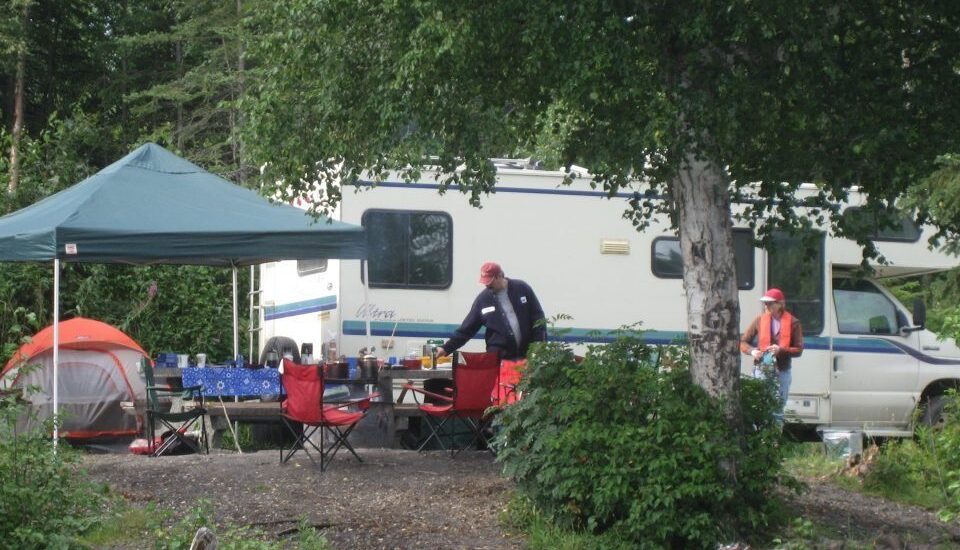- August 11, 2020
- Posted by: Felix Gomez
- Category: News

Who doesn’t like a little R&R? Everyone needs a getaway — and sometimes, a trip in an RV can be just what the doctor ordered. Some folks even make the getaway their everyday, living full-time in their camper. In fact, more US households own an RV than ever before — over nine million! What’s more, most full-timers are still years away from retirement, contrary to popular belief. Maybe you’re even thinking of a change in lifestyle yourself!
Whether you’re considering going full-time or just planning to hit the road for a vacation, it is important to make sure you have the proper RV insurance coverage. As much as we may not like thinking about insurance, a little planning now can save a lot of pain later. Keep reading for important tips and info on RV insurance for both full- and part-timers.
A Matter of Time
Perhaps the most important question when it comes to insuring your RV is whether or not you’re considered full-time. Typically, anyone living in their RV for at least half of the year is considered to be a full-timer, and needs to make sure they’re insured accordingly.
Now, as always, honesty is the best policy here — communicating your entire situation to your insurance agent as best as you can, from your expected length of time in your RV to the value of your possessions in the RV, will make certain that you are getting all of the coverage and protection that you need. Again, a little work now will pay dividends later. Sure, sitting down with an insurance agent to have that conversation doesn’t sound like my idea of a good time, but it certainly sounds better than learning months down the road that I’m not covered for a guest’s fall in my camper.
What’s the Difference?
So, how does a full-time RV policy look different from a “recreational” or “vacation” plan? First, rest assured that traditional coverage options like comprehensive and collision auto protection are standard in both cases, as are liability for bodily injury and property damage, damage from uninsured/underinsured drivers, and and medical expenses on yourself and your passengers in case of an accident. On top of these coverages, full-time RV insurance includes that all-important personal liability protection that will save you wallet in the case of that nasty fall we mentioned earlier. This protection in case of accidents on or around your camper is one of the aspects of full-time RV coverage that bears similarity to a homeowners insurance policy.
If you’re anything like me, than hitting the road always sounds like just what the doctor ordered, especially in these times of pandemic and quarantine. So, if you’ve got yourself an RV, this summer could be the perfect time to get away! However, whether your trip is going to be long or short, taking out the right insurance policy before you leave can give you the peace of mind to fully enjoy your trip. So, what are you waiting for — call up your agent today, and hit the road tomorrow!
Keep reading here for more in-depth information from Crusberg-Decker on RV insurance coverage options!
